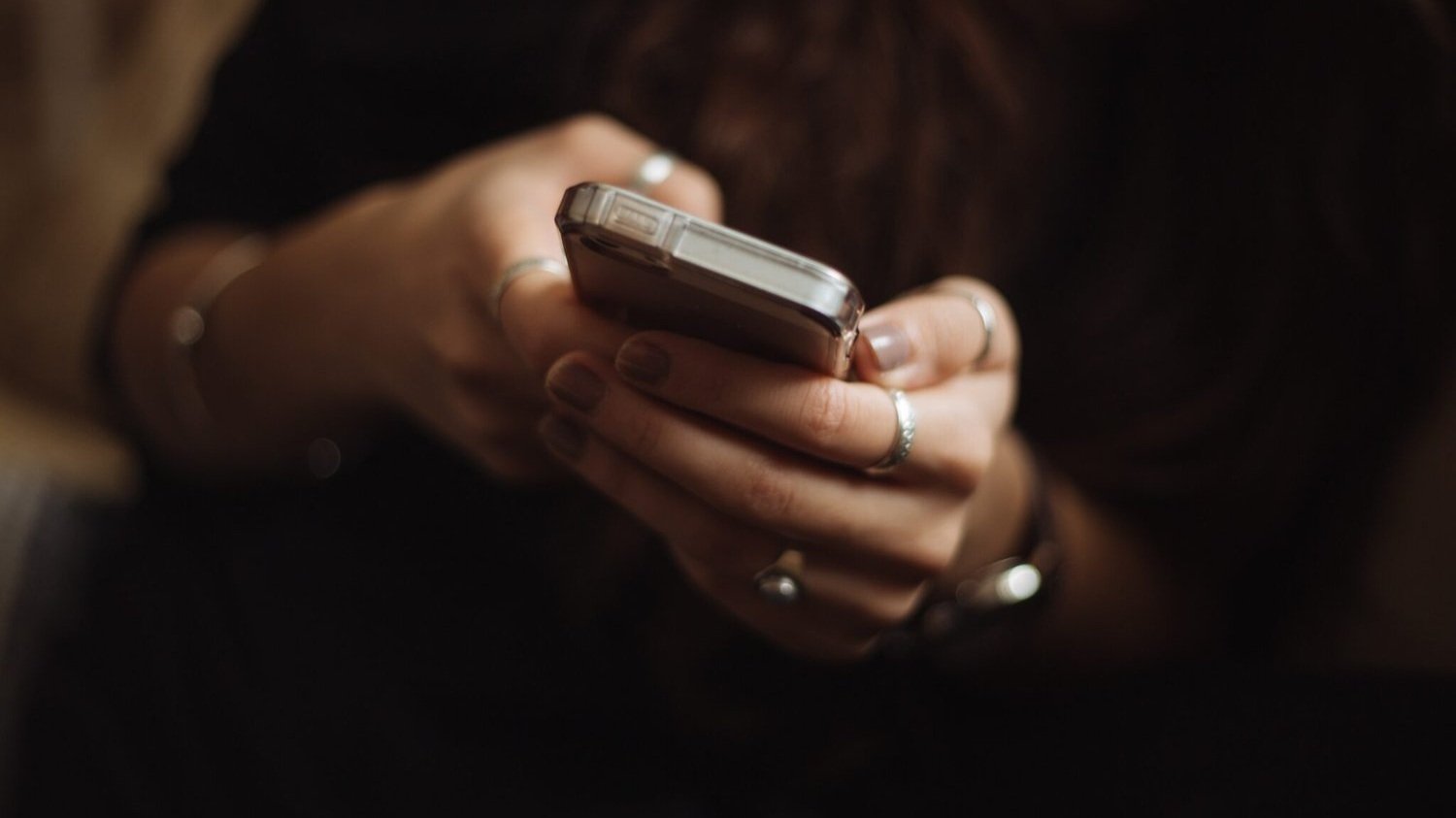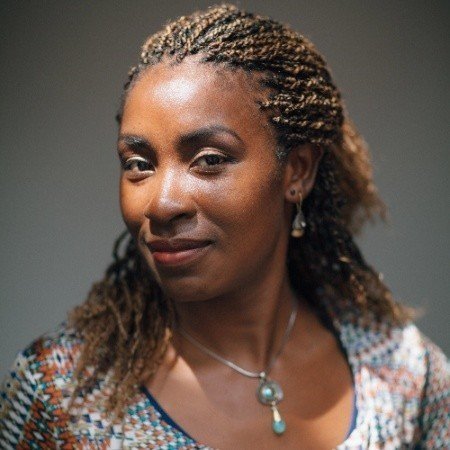Digital Blackface: Are you complicit?
[…] “digital blackface” is used to describe various types of minstrel performance that become available in cyberspace. Blackface minstrelsy is a theatrical tradition dating back to the early 19th century, in which performers “blacken” themselves up with costume and behaviors to act as black caricatures. The performances put society’s most racist sensibilities on display and in turn fed them back to audiences to intensify these feelings and disperse them across culture.
Lauren Michele Jackson-Teen Vogue
For those of us at the forefront of the fight for liberation, the obstacles seem endless. It would appear that every facet of our daily existence and interactions are marred by pervasive influence of white supremacy–or rather, “white supremacist delusion” as Sonya Renee Taylor has coined it. We have long since uncovered the truth about the social construct of race, but knowing better and living in that truth don’t always align.
Based on data compiled by Statista , it is estimated that in 2021 the average American spent 8+ hours on digital media daily, communicating with people from all walks of life, and from all over the world. A third of your day, everyday, is either an opportunity for harm or harm reduction and liberation.
We’ve all seen it so much that in many ways, we are desensitized, while some others become hyperaware and/or hypervigilant. There’s a Facebook or Twitter thread or maybe even group chat amongst peers and someone drops a GIF or a meme and the group is divided. Perhaps, it’s RHOA (Real Housewives of Atlanta) reality star Nene Leakes, or a lesser known, likely unsuspecting, usually Black or Brown person whose image has been co-opted and turned into a meme via a meme-making app or some other photo-editing/captioning software. As harmless and even humorous as this seems, these are real people and we must ask ourselves, “Why them?” Why not snap a selfie to express your emotions, or take a little extra time to search for an image closer to your own likeness and intersecting identities?
In what ways are we reinforcing negative stereotypes; the sassy, angry Black woman, the quick-tempered Latina, fat people eating, or simply existing in their marginalized bodies–these are not jokes, these are all hurtful, harmful portrayals that serve no beneficial purpose than to further divisiveness and maintain the status quo of lean, able-bodied, heteronormative whiteness as de facto, and everything else “other”. It is this difference that makes it “funny”, when a white person uses the popular Nene Leakes meme, “I said what I said” it frames her posturing, verbiage, and appearance as a joke, devaluing the significance and cultural relevance of her use of AAVE or the oft-animated and emotive style of communication between some Black women and their close friends and family.
There are just as many arguments for gatekeeping as there are people against it, but digital Blackface isn’t the trivial, dismissive “woke phrase of the week” that social media would have you to believe, and gatekeeping as a boundary, as harm reduction, and preservation of cultural appreciation is needed. In the same vein that customs aren’t costumes, culture is neither comedy nor commodity, yet non-Black media influencers and Tik Tokers are making a name and a living for themselves via performative Blackness.
…relying on imagery and audio featuring Black people to help you describe your emotions or get a laugh is, ultimately, not okay—especially when systemic racism ensures that Black men, women, and non-binary people consistently struggle to achieve justice, equity, and positions of influence.
Madeline Howard, Women’s Health
What small steps will you take towards harm reduction, today?
Below are some articles which further explain the problem and impact of digital Blackface:
https://www.womenshealthmag.com/life/a33278412/digital-blackface/
https://www.teenvogue.com/story/digital-blackface-reaction-gifs
https://escholarship.org/uc/item/91d9k96z
Dr. Dede Testubayashi’s (Deh-deh Teh-tsu-bye-ya-she) expertise is DEI + product + business value and integrating them into a team and organization's best practices. She has extensive experience building frameworks and guidelines to integrate product inclusion into the development process, and driving adoption as an integral portion of phased and prioritized roadmaps for teams to execute against. Dede is a member of the Equity Army run by Annie Jean-Baptiste, a group focused on educating organizations on Product Inclusion. She's also a founding member of Tech Ladies, a group focused on inclusivity in tech, and is working on two new publications; a memoir and a product inclusion guide.


